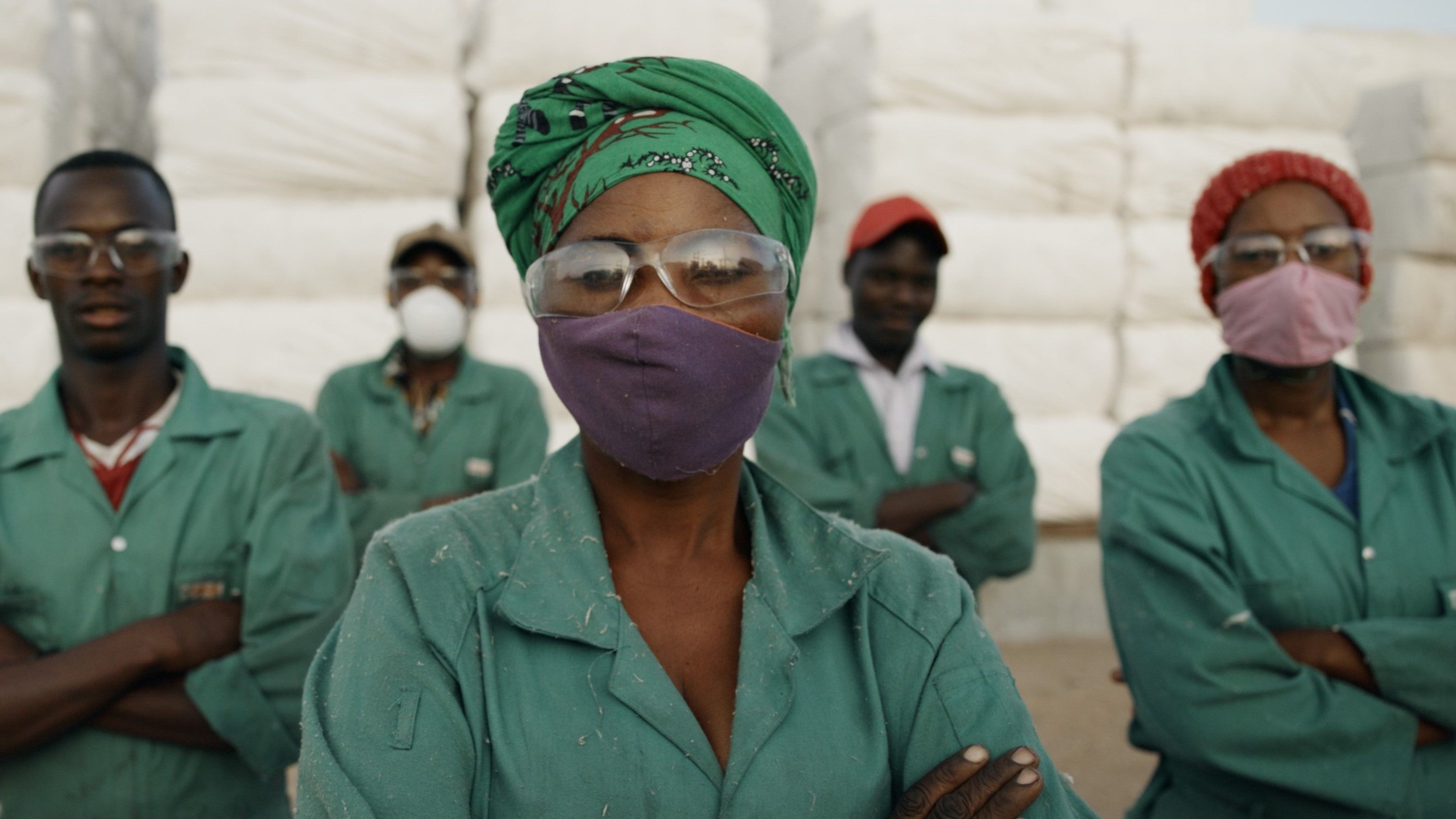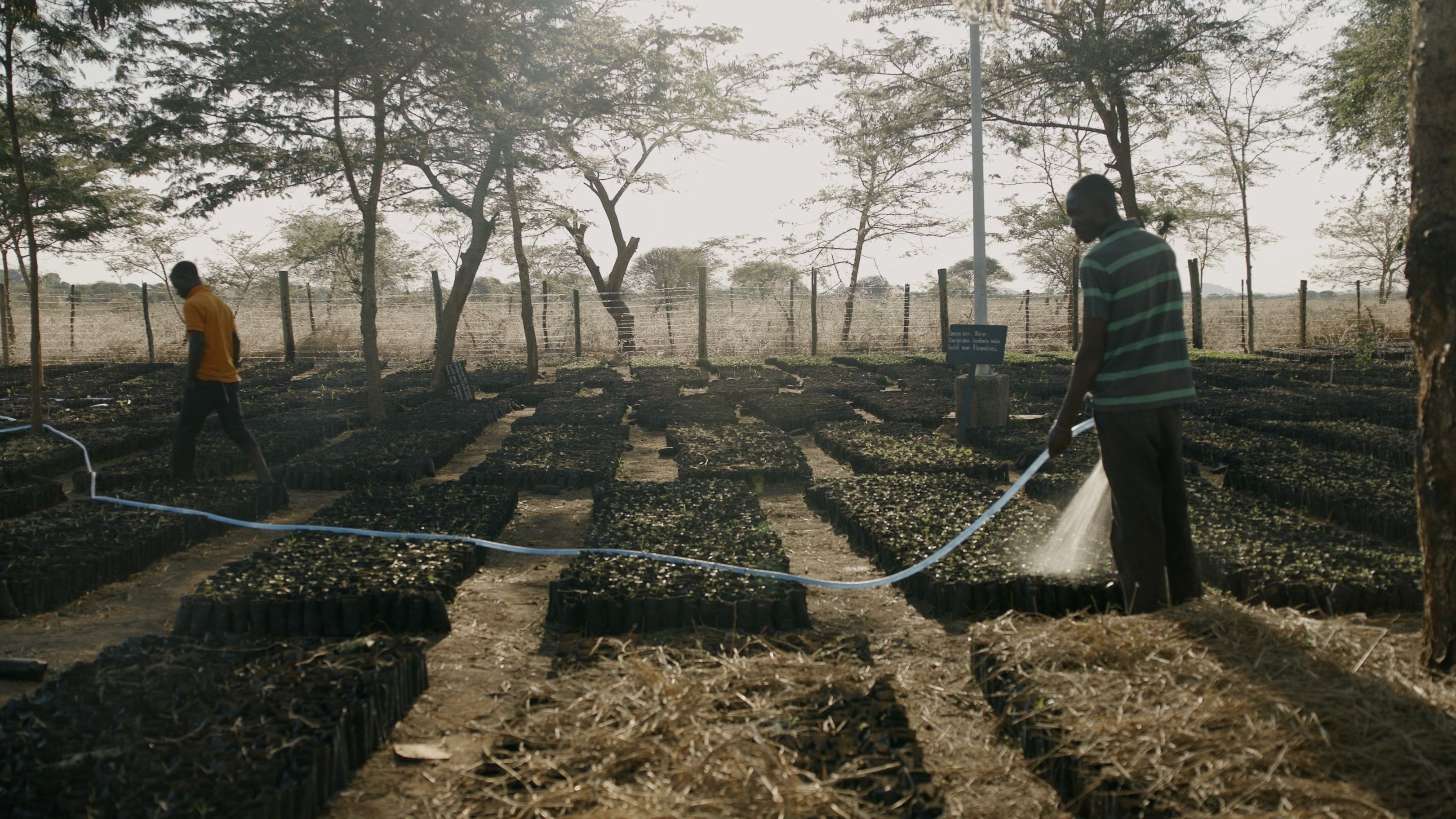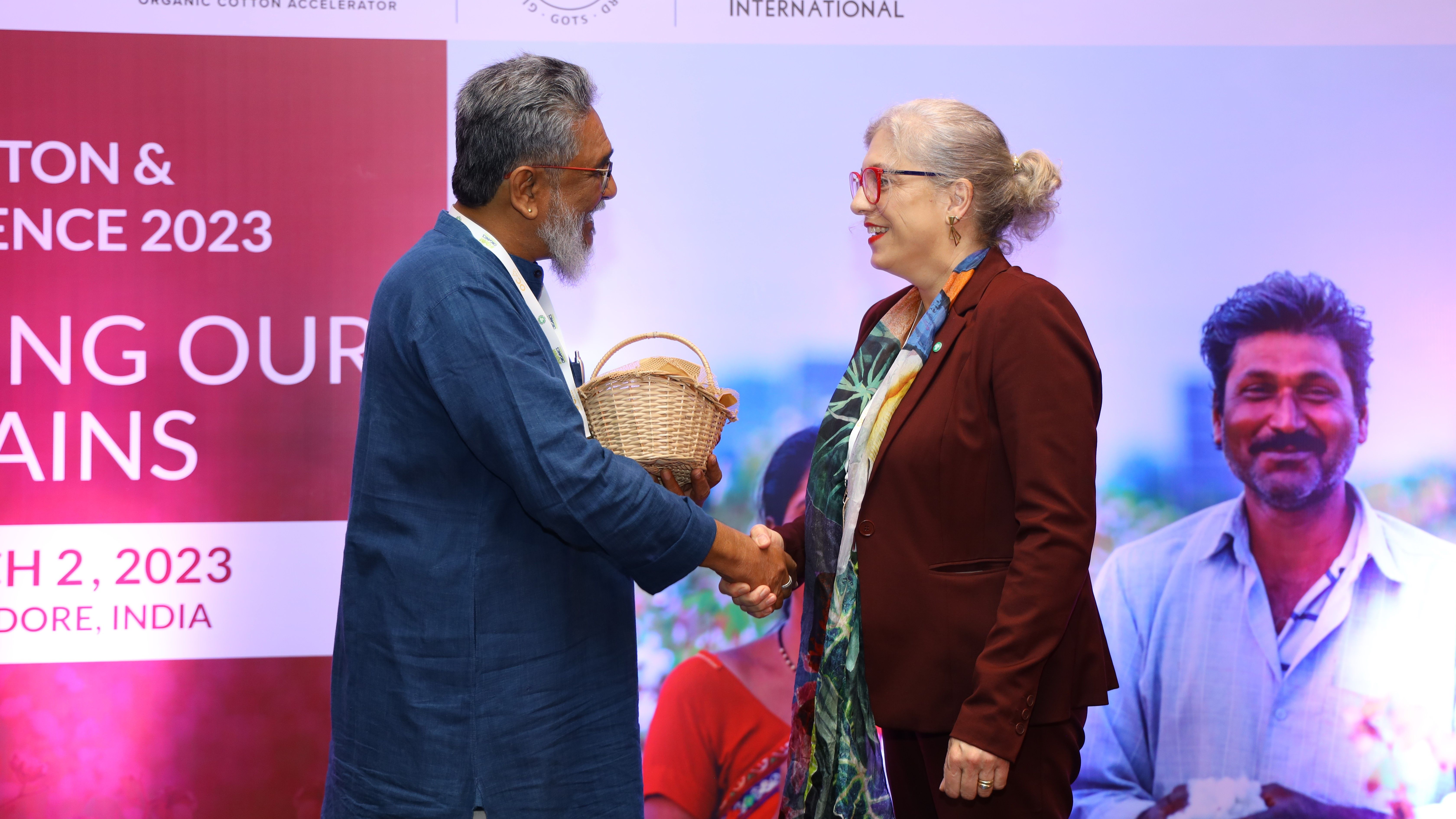Due Diligence
Due diligence is a systematic process to identify, prevent, mitigate and account for actual and potential adverse impacts on human rights, the environment and ethical business practices.
For GOTS, due diligence is not just a concept - it is a commitment
In a world in which regulations are constantly evolving, the need for companies to respect and uphold human rights has come to the fore. Legislation such as Germany's Supply Chain Act, France's Vigilance Act and Norway's Transparency Act are at the forefront of this shift, requiring companies to conduct thorough due diligence on their human rights and environmental impacts.
This is where the GOTS 7.0 due diligence criteria come into play
- GOTS provides a structured roadmap guiding companies to mitigate potential harm to human rights and the environment.
- This enables companies to align with the increasing global focus on responsible business practices.
- GOTS certification serves as a tool for companies to achieve compliance with evolving laws and to showcase their proactive commitment to positive change for people and the environment.
WHY IS DUE DILIGENCE ESSENTIAL?
...to safeguard the rights and welfare of workers involved in the production process
Issues such as child labour, forced labour, poor working conditions and inadequate wages are being identified and addressed.


... to protect the environment, ultimately minimising companies’ negative impact on the planet
The identification and management of environmental risks such as pollution, waste resource depletion and excessive water and energy consumption and toxic chemicals used in production will be facilitated.
... to strengthen a company's integrity and reputation
By implementing due diligence measures, companies can not only meet the increasing demands of consumers but also differentiate themselves from the competition. This commitment to ethical and sustainable practises builds trust and garners support from customers and partners alike, leading to long-term success in the market.


... to ensure that companies comply with relevant laws, regulations and international standards
GOTS Due Diligence helps companies to avoid potential legal and financial penalties and promote a culture of transparency and accountability.
HOW CAN GOTS CERTIFIED ENTITIES ENSURE ADHERENCE?
GOTS’ due diligence criteria, rooted in the UNGPs and OECD Guidelines, provide a robust framework for risk-based due diligence in global supply chains. Compliance enables certified companies to proactively identify and mitigate potential and actual risks and improve the sustainability and resilience of their operations.
The Manual for the Implementation of GOTS 7.0 as well as the GOTS Due Diligence Handbook provides Certified Entities with detailed guidance on implementing GOTS’ due diligence criteria. It provides step-by-step explanations on how to identify and manage environmental and human rights risks and impacts associated with a company's operations and products.
GOTS Due Diligence in Action: Six Steps to Address Adverse Impacts
- Embed due diligence in policies and management systems
- Identify actual or potential adverse impacts
- Cease, prevent, or mitigate adverse impacts
- Track implementation and results
- Communicate how impacts are addressed
- Enable remediation when appropriate
The Global Organic Textile Standard (GOTS) is an all-inclusive, comprehensive standard which which sets strict environmental, human-rights and social criteria throughout the entire value chain. Find out about all GOTS key features:
Compliance support+
All Processing Stages
Due Diligence
Human-Rights and Social Criteria
Environmental Criteria
Traceability
Third-Party Certification
Organic Fibres

